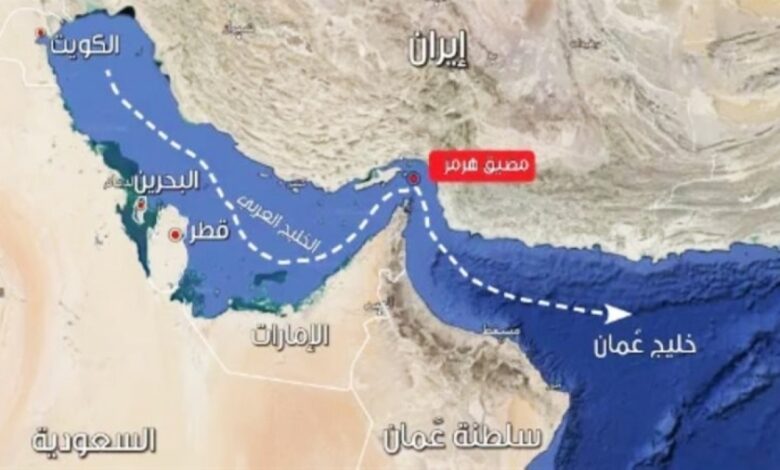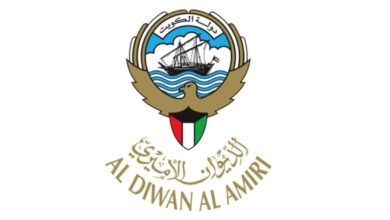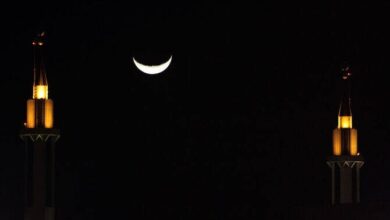
Iran is weighing the possibility of closing the Strait of Hormuz, a vital waterway through which nearly 20% of the world’s oil and gas supply passes, according to reports by Press TV.
The decision, however, has not yet been finalized and would require the approval of the country’s Supreme National Security Council.
This development follows earlier reports suggesting that the Shura Council had already approved the measure, sparking regional and global concern over the implications for global energy security and maritime trade.
Esmail Kowsari, a member of Iran’s parliament and a senior commander in the Islamic Revolutionary Guard Corps (IRGC), told the Young Journalists Club that the closure of the strait remains a viable option: “The matter is on the table, and a decision will be made if deemed necessary.”
In response, U.S. Vice President J.D. Vance warned that any move by Tehran to disrupt navigation through the Strait of Hormuz would be “suicidal,” given the global dependence on the route and the likely consequences from the international community.
Vance added that Washington had received indirect messages from Iran following recent U.S. military strikes on Iranian nuclear sites but declined to comment on the total destruction of the targeted facilities.
Vance did confirm, however, that the U.S. strikes had “significantly degraded” Iran’s capability to manufacture a nuclear weapon, suggesting that the American operation achieved key strategic goals.
Meanwhile, U.S. Secretary of State Marco Rubio urged China, a key ally and trading partner of Iran, to use its influence to dissuade Tehran from escalating the crisis further by closing the strait.
Rubio stressed the importance of maintaining freedom of navigation in international waters and avoiding actions that could spiral into broader regional conflict.
The situation remains highly fluid as the aftermath of U.S. strikes on Fordow, Natanz, and Isfahan nuclear facilities continues to reverberate. While President Donald Trump declared the mission a success and extended a renewed “hand of diplomacy” for a peaceful nuclear program, Iran has pledged to continue its nuclear activities on an even larger scale.
The Strait of Hormuz, located between the Arabian Gulf and the Gulf of Oman, is a strategic chokepoint for global energy markets. Any disruption could send shockwaves through oil prices, shipping lanes, and geopolitical stability in the Gulf region.












